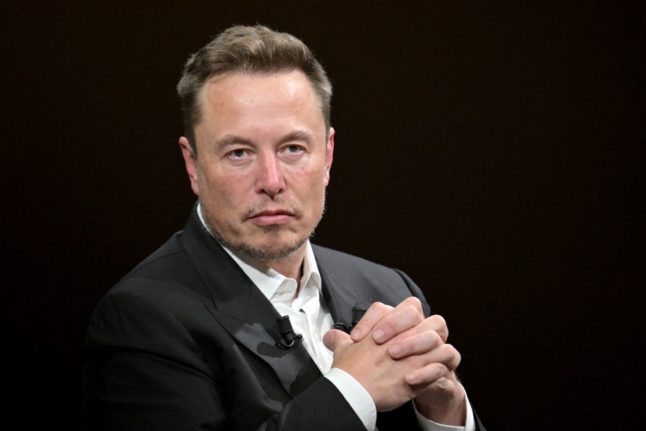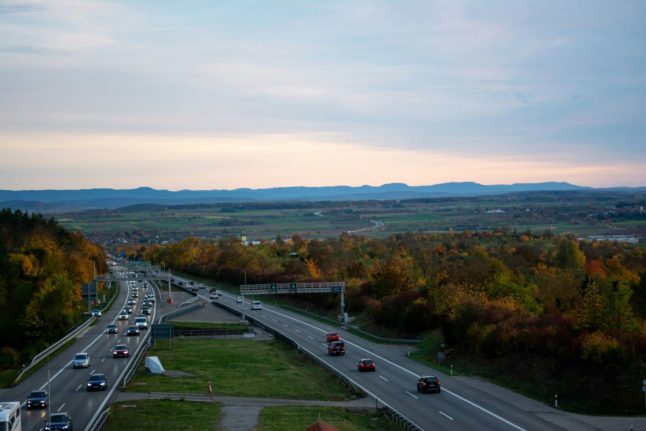Musk, who was born in South Africa, has Canadian nationality and lives in the United States, shared a post calling for a victory of the far-right party AfD a week before regional elections in two major German states.
As the German foreign ministry hit back, he intensified his criticisms, saying that “if a government in a democracy goes against the will of the people, it should be voted out.”
Berlin is locked a row with Italy over the NGO sea operations, with Italian Prime Minister Giorgia Meloni on Friday demanding that charity ships disembark the rescued migrants in their own countries.
Musk shared a post on X by a user identified as “Radio Genoa” that blasted German NGO operations in the Mediterranean and expressed hope that “AfD wins the elections to stop this European suicide”.
Is the German public aware of this? https://t.co/CMlRPRn4Z5
— Elon Musk (@elonmusk) September 29, 2023
To Musk’s question if the “German public is aware of this”, the German foreign ministry replied curtly: “Yes. And it’s called saving lives.”
The foreign ministry’s answer prompted the social media platform’s boss to sharpen his criticism, writing in another post early Saturday: “Frankly, I doubt that a majority of the German public supports this.
READ ALSO: Why are some Germans turning towards the far-right?
“Have you run a poll? Surely it is a violation of the sovereignty of Italy for Germany to transport vast numbers of illegal immigrants to Italian soil?
Has invasion vibes,” Musk added.
‘Amazement’
Meloni recently wrote a letter of complaint to German Chancellor Olaf Scholz to express her “amazement” about Berlin funding charities helping irregular migrants in her country.
Asked about the letter, Berlin confirmed that it was providing between 400,000 euros and 800,000 euros each to two projects relating to migrants.
The projects were “for the support on land in Italy of people rescued at sea and an NGO project for sea-rescue operations”.
At a press conference this week following talks with her Italian counterpart, Germany’s Foreign Minister Annalena Baerbock defended Berlin’s backing of rescue missions.
“Volunteer sea rescuers have a life-saving task in the Mediterranean,” she said.
“They are committed to countering the deaths in the Mediterranean with humanity, precisely because the European joint sea rescue service Mare Nostrum no longer exists,” she added, referring to the Italian government’s year-long operation which rescued more than 100,000 migrants before ending in 2014.
More than 130,000 migrants have arrived on Italy’s shores so far this year, almost double the number last year, according to interior ministry figures.
In Germany too, new arrival numbers have risen sharply, prompting Berlin to announce Wednesday that it would step up policing of its borders with Poland and the Czech Republic, in a bid to stop people smugglers.
READ ALSO: Germany to tighten controls on Polish and Czech borders as migrant numbers rise
Ahead of regional elections on October 8 in the states of Bavaria and Hesse, immigration has also emerged as a key topic, with Bavarians citing it as the most important subject in a latest poll.
Scholz acknowledged in an interview with newspaper group Redaktionsnetzwerk Deutschland that the numbers of asylum seekers is “currently too high”.
His government is “completely in agreement that irregular migration in the European Union should be stopped,” he said in the interview published Thursday.
“That can only be done together and with solidarity,” the chancellor said, underlining that he backed action to protect the EU’s borders.



 Please whitelist us to continue reading.
Please whitelist us to continue reading.
Member comments